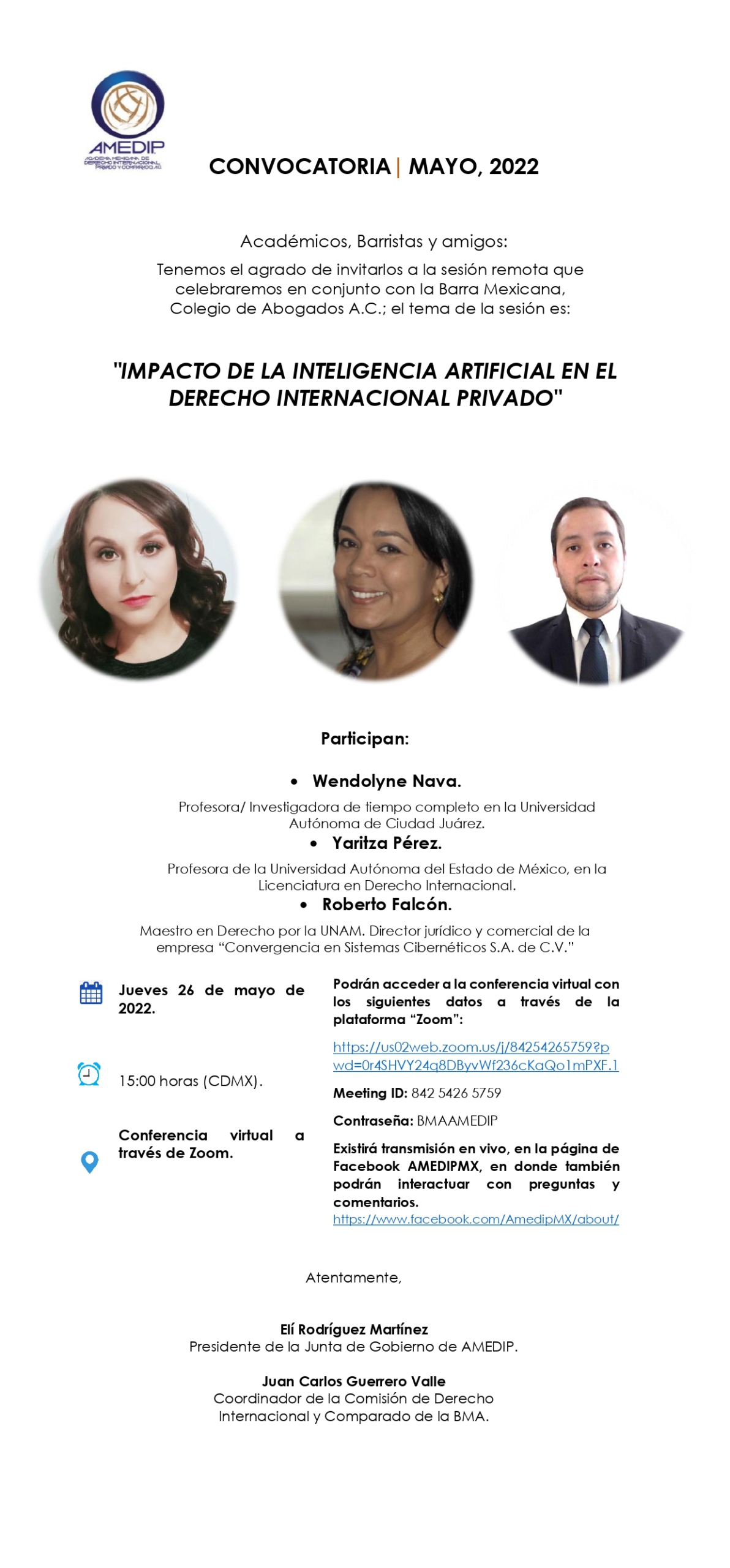Views
Nothing Found
Sorry, no posts matched your criteria
News
Webinar: ‘Strategic Climate Change Litigation in the EU: Between Judicial Restraint and Proactive Judicial Policy’
Webinar series: ‘Crossroads in Private International Law’
First webinar: ‘Strategic Climate Change Litigation in the EU: Between Judicial Restraint and Proactive Judicial Policy’
The Aberdeen Centre for Private International Law invites you to a webinar titled ‘Strategic Climate Change Litigation in the EU: Between Judicial Restraint and Proactive Judicial Policy’. It is the first webinar within the Centre new webinar series ‘Crossroads in Private International Law’. The event will be delivered by Nevena Jevremovic, Honorary Lecturer at the Aberdeen School of Law and moderated by Professor Guillaume Laganière from the Université du Québec à Montréal (UQAM). The webinar will be held on Wednesday 01 June 2022, 4-5pm UK time, through MS Teams. Click here for more information and registration
XV Conference ASADIP and General Congress of the International Academy of Comparative Law

The ASADIP is pleased to share with you the Partnership entered into with the International Academy of Comparative Law (IACL) and the Center for the Study of Law, Economics and Policy (CEDEP) with a view to hold its annual event.
The XV Conference of the Association: “A private international law to transform the world” will take place on October 27, 2022 in the city of Asunción, Paraguay during the General Congress of the International Academy of Comparative Law, which will take place from October 23 to 28, 2022.
The ASADIP invites you especially to be able to participate and meet again in this very special year. The opening of early registration for the General Congress is imminent. For the first time there will be simultaneous interpretation into Spanish during the Congress.
The opportunity presented by this conjunction of activities and specialists of the highest level from all continents is unique.
More information here.
A call for papers is forthcoming.
AMEDIP’s upcoming seminar: The impact of artificial intelligence on Private International Law

The Mexican Academy of Private International and Comparative Law (AMEDIP) is holding a webinar on 26 May 2022 at 3:00 pm (Mexico City time – CDT), 10:00 pm (CEST time). The topic of the webinar is The impact of artificial intelligence on Private International Law and will be presented by Professor Wendolyne Nava, Professor Yaritza Pérez and Roberto Falcón (in Spanish).
The details of the webinar are:
Link: https://us02web.zoom.us/j/84254265759?pwd=0r4SHVY24q8DByvWf236cKaQo1mPXF.1
Meeting ID: 842 5426 5759
Password: BMAAMEDIP
Participation is free of charge.
This event will also be streamed live: https://www.facebook.com/AmedipMX



